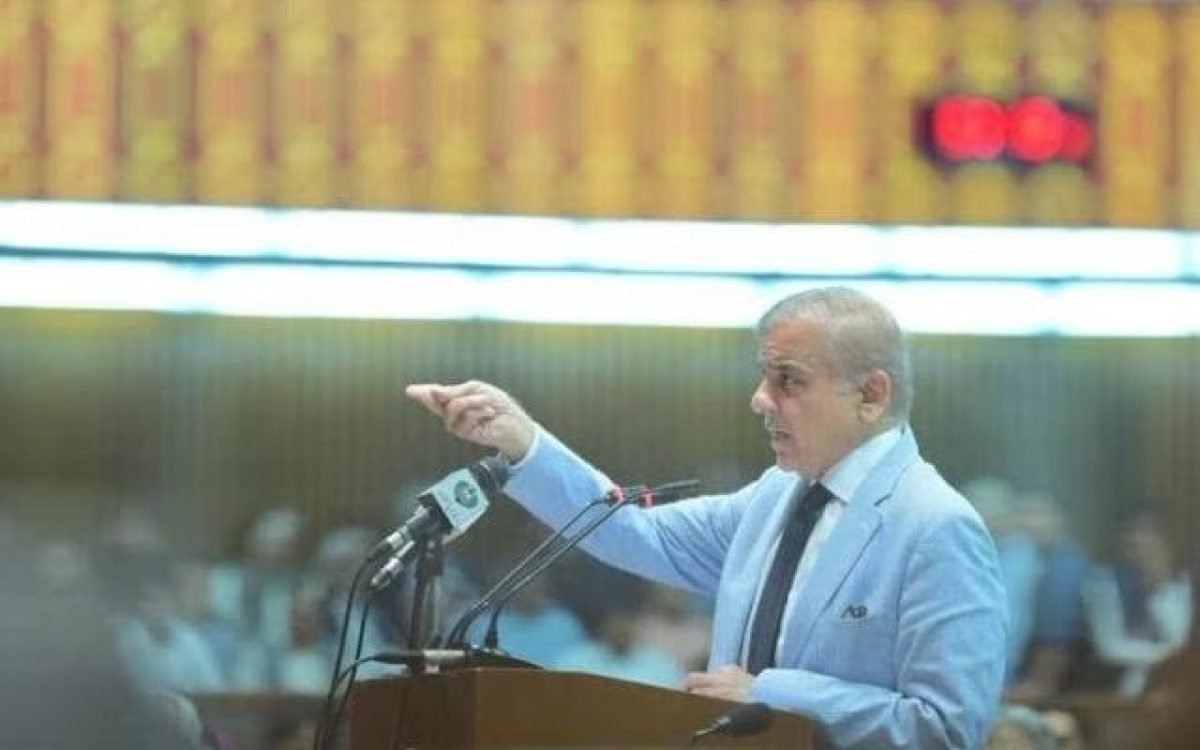Prime Minister Narendra Modi’s congratulatory message to Shehbaz Sharif, following his swearing-in as Pakistan’s Prime Minister, marks a significant diplomatic gesture amidst the complex relations between India and Pakistan. Modi’s succinct message on X, previously known as Twitter, underscores the importance of diplomatic engagement and the pursuit of peaceful relations between the two neighboring nations.
Shehbaz Sharif’s ascension to the premiership comes at a critical juncture, following a General Election overshadowed by allegations of electoral irregularities. His swearing-in ceremony, administered by President Arif Alvi, heralds a new chapter in Pakistan’s political landscape and raises hopes for stability and progress in the region.
While the transition of power in Pakistan unfolds, it is noteworthy that Shehbaz Sharif’s remarks on Kashmir have garnered attention in both domestic and international arenas. His recent mention of Kashmir and Palestine in the same breath, calling for resolutions supporting their freedom, reflects the complexities of regional dynamics and the enduring nature of unresolved conflicts.
Comparisons to his previous stance on Kashmir highlight the nuanced shifts in rhetoric and policy priorities. Shehbaz Sharif’s earlier emphasis on a “just” solution to the Kashmir dispute and criticism of India’s actions regarding Article 370 underscore the intricacies of bilateral relations and the challenges inherent in navigating contentious issues.
Prime Minister Modi’s congratulatory tweet to Shehbaz Sharif, coinciding with the latter’s remarks on Kashmir, signifies a diplomatic overture aimed at fostering dialogue and promoting stability in the region. Modi’s expressed desire for peace in a “region free of terror” underscores the shared aspirations for peace and prosperity that transcend political boundaries and historical grievances.
As India and Pakistan navigate the complexities of their relationship, the exchange of diplomatic courtesies serves as a reminder of the potential for constructive engagement and dialogue. While challenges and differences persist, moments of diplomatic outreach offer glimpses of hope and possibility in the pursuit of regional peace and cooperation.
In the evolving landscape of South Asian geopolitics, gestures of goodwill and diplomatic engagement hold the promise of forging pathways towards mutual understanding and reconciliation. As leaders on both sides endeavor to chart a course towards a peaceful coexistence, the importance of dialogue and diplomacy cannot be overstated in shaping the future trajectory of the region.









